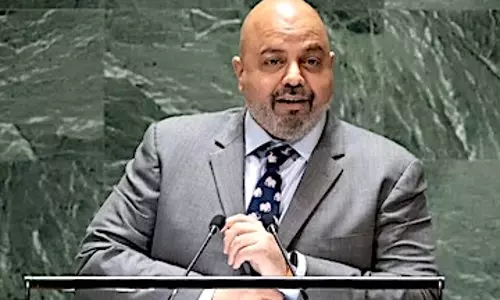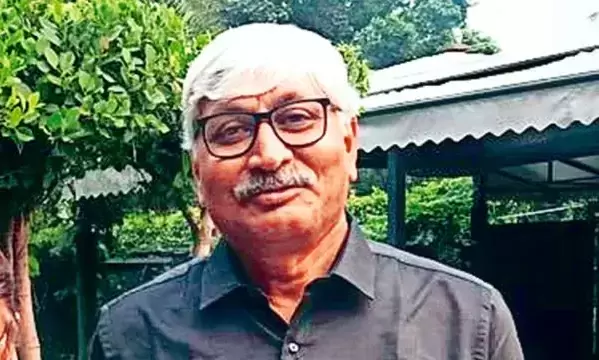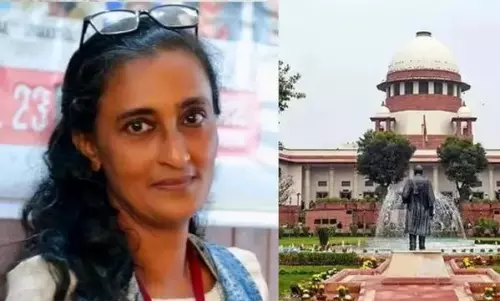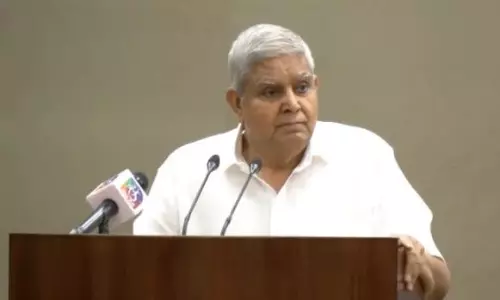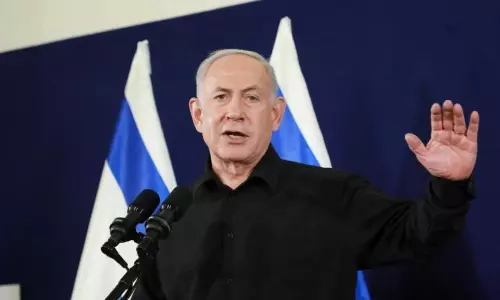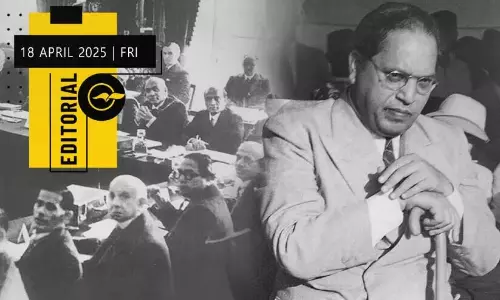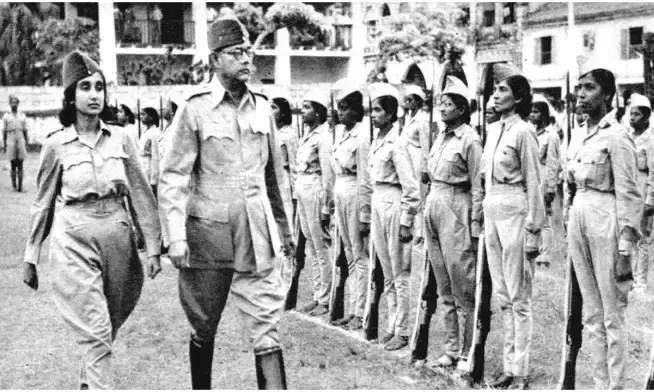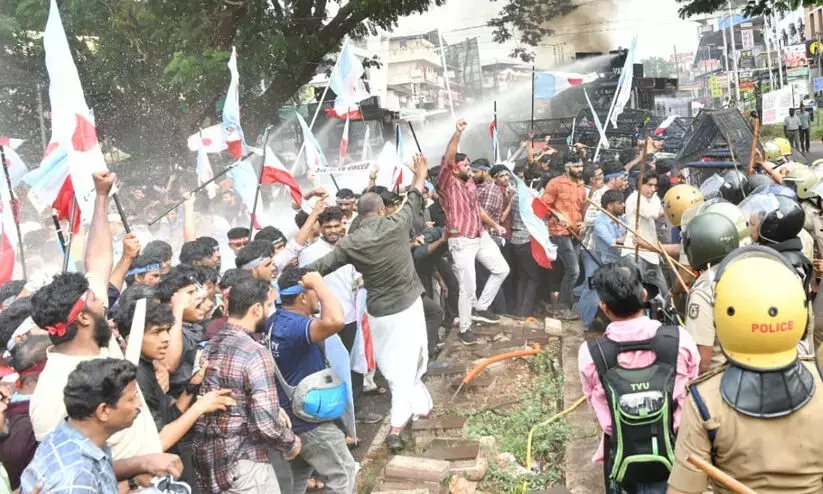
Kerala's Left govt accused of denying Muslim groups democratic right to protest against Waqf Act
text_fieldsThe Kerala police have been alleged as committing excesses during a protest in Karipur, Kozhikode - organised by the Solidarity Movement and the Students Islamic Organisation (SIO), both affiliated with Jamaat-e-Islami - against the newly enacted Waqf Act.
Police also sent warning letters to bus operators of action against them if they bring protesting volunteers to the site - n unprecedented measure on the part of the police.
Critics allege that the police crackdown reflects the Left government’s growing intolerance under Chief Minister Pinarayi Vijayan, as an act that denies even the Muslim community’s democratic right to protest against an Act that could seriously harm its interests.
Kerala, once seen as a space for free speech and democratic rights, is now governed by the Left front—a party long flaunted as a champion of the voiceless and the subjugated—and has long been criticised for mirroring Hindu right-wing-ruled states in suppressing the Muslim community’s protests on issues that directly affect their interests.
Tension prevailed near Karipur International Airport here for a while on Wednesday after a protest march by two Muslims against the Waqf Bill turned violent, PTI reported.
The incident occurred during a march organised by activists of the Solidarity Youth Movement and the Students Islamic Organisation (SIO), both affiliated with Jamaat-e-Islami,
The protesters demanded the scrapping of the recently passed bill, the police said.
Barricades were set up by the police to prevent the protesters from advancing. They issued a lathi charge and used water cannons multiple times to disperse the crowd.
Then, the demonstrators resisted and raised slogans.
They later blocked a section of the road near the airport, police said.
Some police personnel and protesters sustained injuries during the scuffle. The situation is currently under control, police added.
The Waqf (Amendment) Act, which was passed by Parliament last week, came into force on April 8 after President Droupadi Murmu gave assent to the bill.
Several Muslim bodies and opposition MPs have moved the Supreme Court against the law, which the ruling alliance has described as a "force for transparency and empowerment of backward Muslims and women from the community."
The opposition has slammed it as "unconstitutional" and claimed that "it infringes on the rights of Muslims" based on the several provisions in the bill that tighten government control and inclusion of non-Muslim representation in waqf related bodies.





